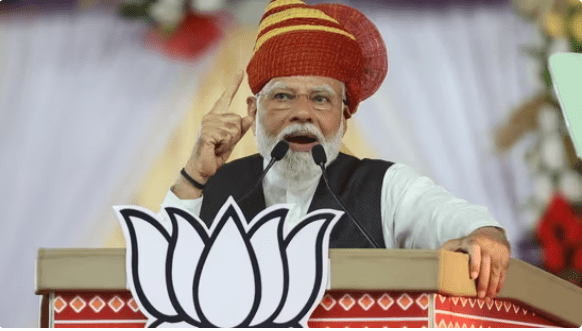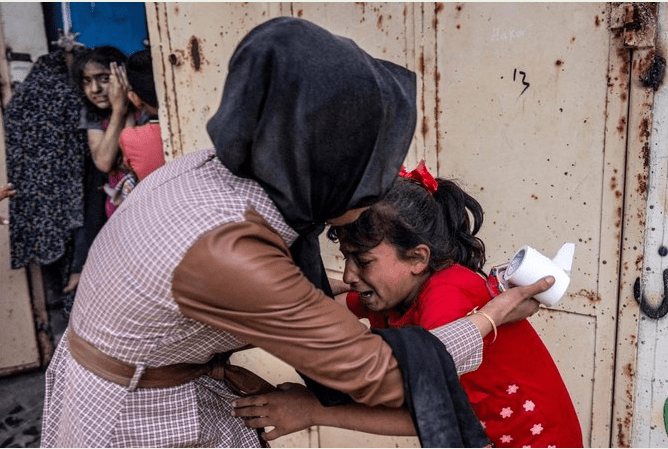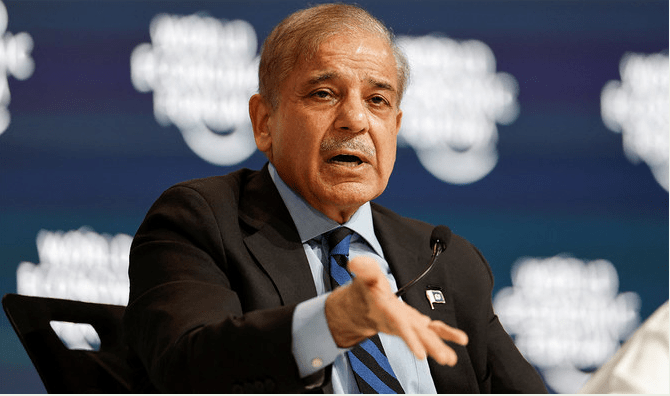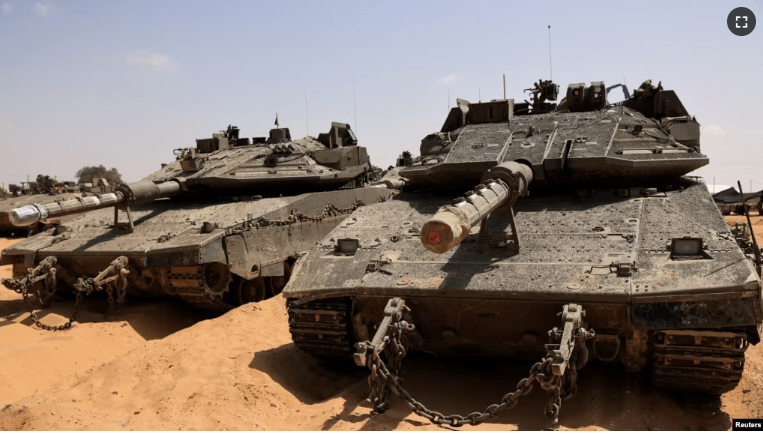Africa is imperfect solution to Europe’s gas woes
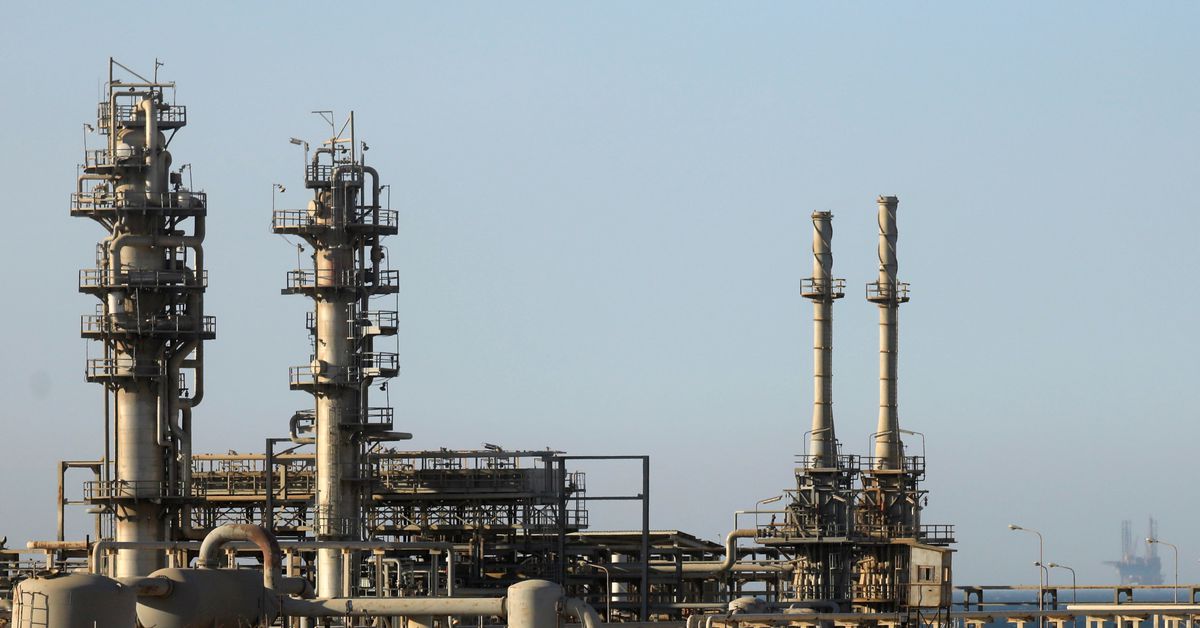
A view of a gas plant seen from the desert road of Suez outside Cairo, Egypt September 1, 2020. Picture taken September 1, 2020. REUTERS/Amr Abdallah Dalsh
MILAN, April 28 (Reuters Breakingviews) – Africa has become Europe’s latest gas hunting ground. Moscow’s decision to halt supplies to Poland and Bulgaria has sharpened concerns about the bloc’s Russian energy addiction. Italian Prime Minister Mario Draghi has already rushed to sign deals with Algeria, Egypt and the Congo Republic to curb his country’s reliance on Moscow. Africa’s vast fossil fuel reserves, proximity to Europe and growing liquefied natural gas (LNG) market may tempt other leaders. Unstable politics and limited infrastructure complicate matters.
At face value, Africa’s hydrocarbon resources are a promising solution to Europe’s Russian pain. Italian energy major Eni (ENI.MI) said on April 11 it had agreed to hike gas imports from Algeria, which holds nearly 2.5% of global gas reserves, by up to 9 billion cubic metres (bcm) annually within two years. That’s a third of what Italy buys from Russia each year. Rome has also signed deals to ramp up production and imports from Egypt and Congo.
North African countries like Algeria and Morocco can export to Europe via existing pipelines under the Mediterranean. But building new ones to increase capacity takes years. Exporters can also ship gas in liquid form. The continent will produce 73 bcm of LNG in 2022, Rystad Energy estimates. That’s half what Europe imported from Russia last year, but well above the 50 bcm of LNG the European Commission recommended to buy outside Russia this year. Yet only 7 bcm of African gas is not yet tied to a contract. And while 29 bcm might be renegotiated, countries like Egypt and Algeria will prioritise rising domestic demand over exports, Oxford Economics analysts say. Algeria also warned Spain this week it would cut off gas supplies if they were resold to other countries.
Register now for FREE unlimited access to Reuters.com Register
Lack of infrastructure is another problem. Countries like Nigeria and Mozambique each possess vast reserves. Yet messy politics have hampered investment. Last year TotalEnergies (TTEF.PA) had to halt construction of a $20 billion LNG project in northern Mozambique due to an Islamist insurgency read more . Conversely, Congo, which as yet has no liquefaction facilities, has been run on-and-off by strongman Denis Sassou Nguesso since 1979.
In the end, the United States may be Europe’s best bet. Some 102 bcm of North American LNG is under flexible contracts, Rystad Energy reckons. And Europe has already managed to import 12 bcm of extra U.S. gas in the first quarter of 2022. Despite its allure, Africa offers an imperfect gas solution.
Follow @LJucca on Twitter
(The author is a Reuters Breakingviews columnist. The opinions expressed are her own.)
CONTEXT NEWS
– Russian gas major Gazprom said on April 27 it had halted gas supplies to Poland and Bulgaria due to their refusal to pay in roubles.
– The European Union is looking to import 50 billion cubic metres (bcm) of liquefied natural gas (LNG) to replace about one-third of its annual gas supply from Russia.
– Africa’s LNG production is forecast at 73 bcm in 2022, according to consultancy Rystad Energy. Of this, 7 bcm is uncontracted, while 29 bcm is tied to flexible contracts that could be rerouted.
– Italian oil and gas major Eni signed a deal on April 21 to increase gas supplies from the Congo Republic by more than 4.5 bcm a year. Eni also clinched an agreement on April 11 to add 9 bcm of annual supply from Algeria by 2023-24.
– Italy imported 29 bcm of gas from Russia in 2021, nearly 40% of the gas it used.
Register now for FREE unlimited access to Reuters.com Register
Editing by Ed Cropley and Oliver Taslic
Our Standards: The Thomson Reuters Trust Principles.
Opinions expressed are those of the author. They do not reflect the views of Reuters News, which, under the Trust Principles, is committed to integrity, independence, and freedom from bias.

